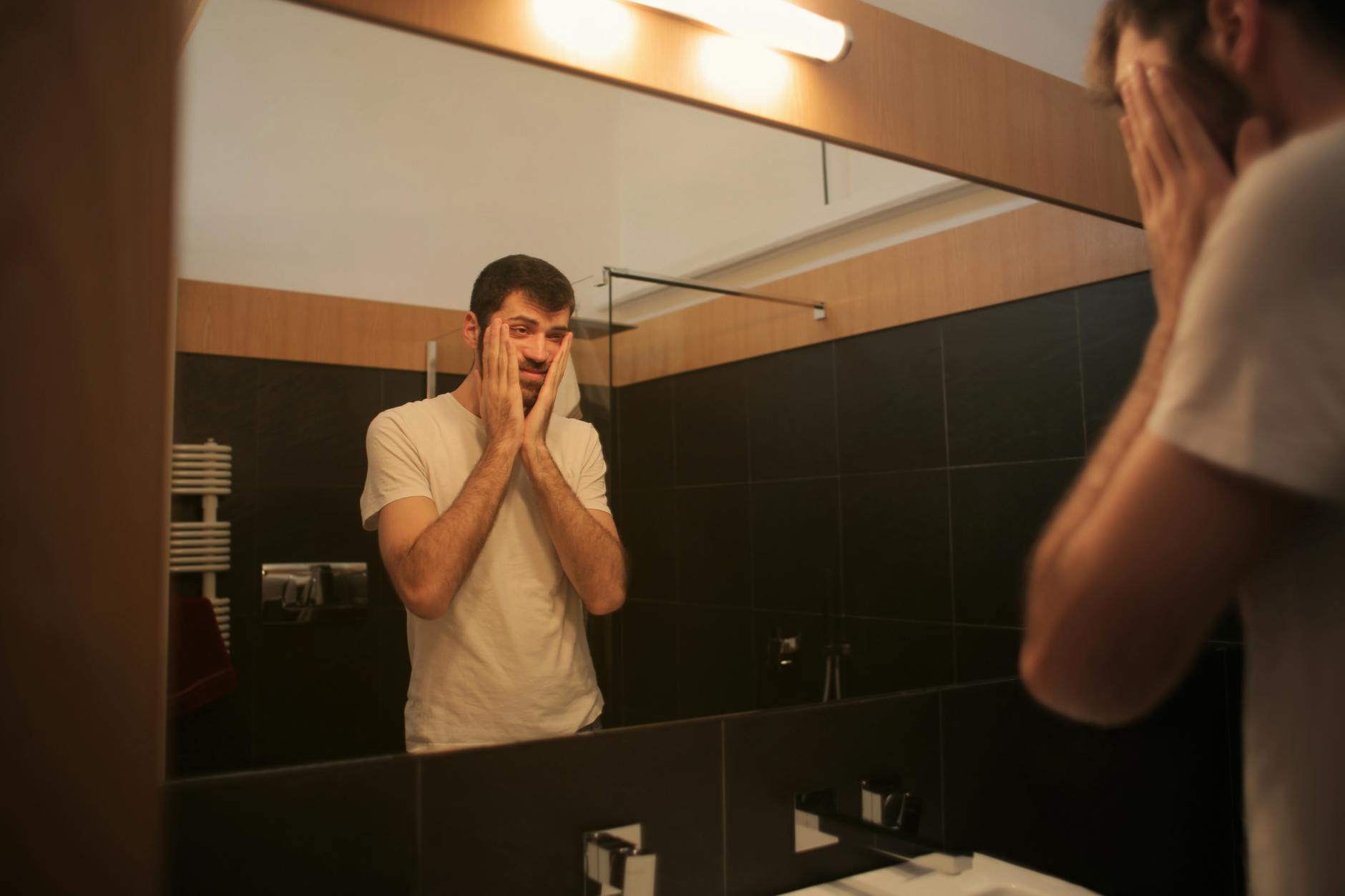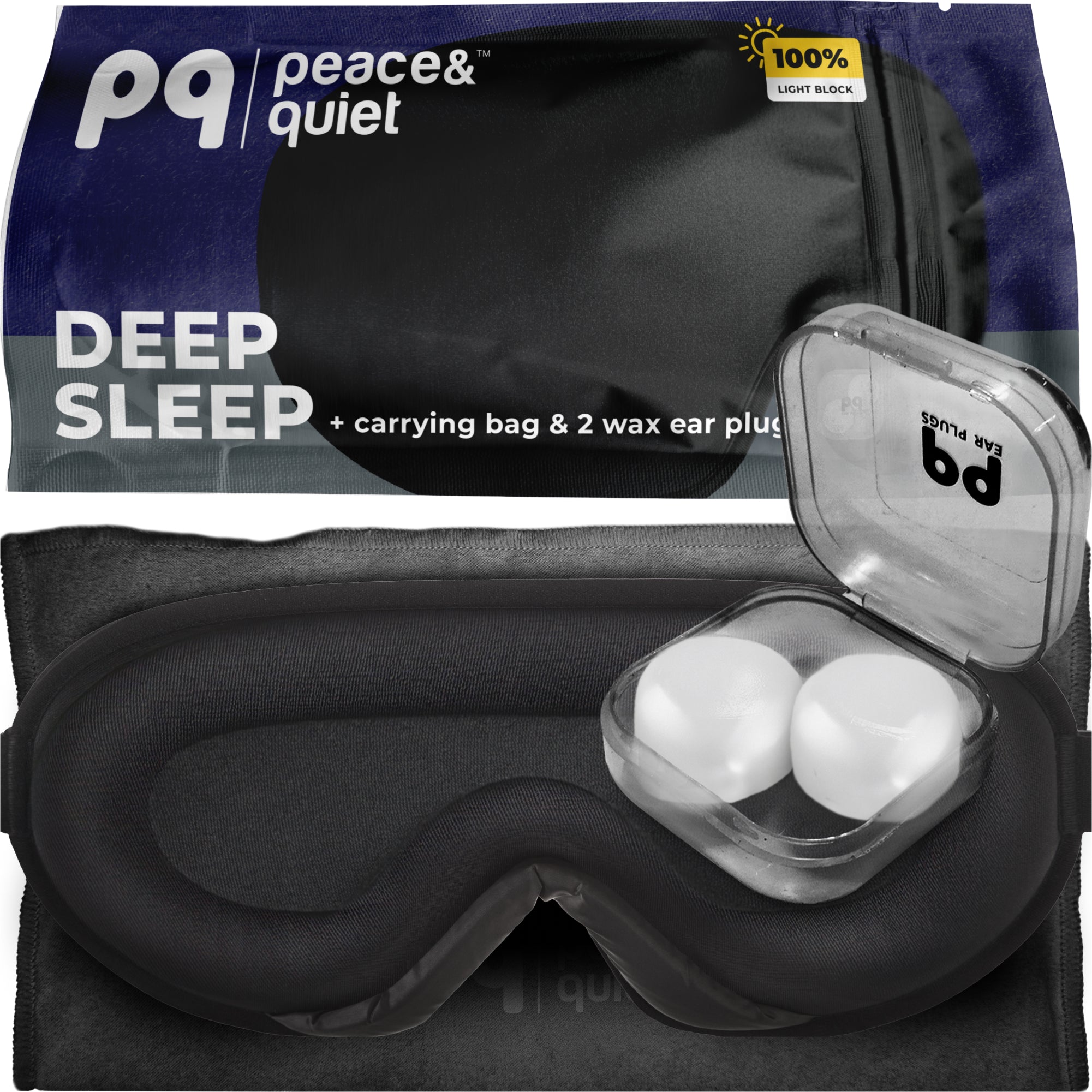Life hits hard when you’re a shiftworker. Sometimes you lose a sense of space and time, often you feel like you’re missing out on important things happening to the loved ones. But one of the most difficult things about working shifts is feeling tired all the time and suffering from sleep problems.

It’s important to understand that working night shifts for a long time will inevitably disrupt your circadian rhythms. We’re built to be active during the day and rest and recover at night, so switching the two won’t come unnoticed. You can’t get the same quality of sleep during daytime as compared to nighttime. However, there are some tips to make your sleep as sound, full and restful as possible.
Stop running on caffeine
Limit your caffeine intake. It takes 12 hours for caffeine to leave your body, so that’s probably part of what’s keeping you up. Have one coffee at the start of your shift if you need to wake up, but otherwise drink lots of water, at least 4-6 glasses. And make sure you stop consuming any caffeine at least 8 hours before bed.

Turn the bedroom into your pitch-black cave
Imagine that you’re one of the cavemen that’s in big danger ‒ the danger of light and sounds. You need to build your personal shelter from the sun, the people and all noises that could possibly disrupt your sleep.
All jokes aside, it’s important to be in a dark space when you’re trying to get some sleep. Darkness is the signal for melatonin, the vampire hormone, to come into play and help you relax and snooze.

Be sure to cover the windows with tin foil or heavy blinds (you can roll these up or down to let in sun and cool air in the late afternoon/evening). The room doesn’t have to be totally dark, but at least murky. If you can’t cover the windows, consider wearing a sleep mask.
Make sure to lock the bedroom door so that no one will interrupt your sleep. If, again, that’s not possible, using noise-cancelling earplugs will help.
Don’t go to sleep right away
There are two ways to approach sleeping during the day. You can either try to get your entire eight hours, or you can sleep in two shorter “split shifts” of 3-5 hours each.
If you want to sleep for exactly 8 hours, don’t go to bed right away when you get home. Think about it: working 9 to 5, you don’t go home and go to bed at 6pm, then wake up at 1am and stay up until your shift starts, and then go to work for a full shift, do you? Of course not. After you get off work, you do things for a few hours before you go to bed.

If you decide to split your sleep, it’s a bit different. Let’s assume you get off work at 6:30am and come home at about 7:00am. After taking a shower and completing your bedtime routine, it’s nearly 8:00 am. If you’re extremely tired, you should go to bed. Set the alarm until about 11am or noon. Get up early (for you) and have your “day,” and then have a long nap before work, at least 3-4 hours. If you’re going to nap, be sure you don’t disrupt your sleep. Sometimes it’s not worth sleeping if you can’t sleep for at least three hours, because you might wake up after an hour feeling crappy.
Re-organize your whole day
The most efficient thing to do is to really re-organise your whole day. Meaning having breakfast in the evening, lunch at midnight, dinner in the early morning and then sleep during the day whilst having your room pitch-black. You would also need to do that on weekends ideally and it would help your body to recover.
Don’t let yourself get back into a “day” routine on your days off. Be sure to stay up as late as you can, and try to stay a little bit tired so your sleep before work will be heavier.







